
Taking a career break and traveling long term is a gift – the ability to see and experience new cultures, to step away from your own rat race, and slow down. However, when you’ve been on the road for a while and the holidays roll around, it’s easy to get the blues. You’re away from your own culture and traditions, and you miss your family and friends, so it’s easy to get a bit homesick.
If your career break travel happens to fall during the holidays, then consider what you can do to avoid the holiday blues.
If you have family or friends who live overseas, consider planning your itinerary in order to pay them a visit during the holiday season. Seeing familiar faces and enjoying familiar traditions and customs may be just what you need. Plus, they might be able to introduce you to different holiday customs in the country where they reside – so even though you are spending the holidays with friends or family, you are still experiencing new things in new cultures!
Try to find other people from your country who are celebrating where you are. Try contacting your country’s consulate or embassy to see if they know of any expat gatherings or organizations. Try message boards or forums on sites like CouchSurfing, Lonely Planet or BootsnAll to try to connect with other travelers or stay at a hostel and reach out to other guests.
Use the opportunity to immerse yourself in local holiday traditions. Look online or in local publications for holiday events or festivals you can attend solo. Or, try CouchSurfing to reach out to locals who might be willing to include you in some of their celebrations. If you are staying at a hostel, find out if they have anything organized to introduce hostel guests to local traditions.
Finally, if you aren’t feeling in the holiday spirit, don’t push it. Just because you are on the road doesn’t mean you have to do something unique or interesting to celebrate. If you usually feel a bit harried around the holidays back home, perhaps enjoy the chance to relax instead. Schedule some time to connect with loved ones by Skype and then treat yourself, whether with a nice hotel room, a tasty dinner out or just buying yourself a holiday gift!
How have you dealt with the holiday blues while traveling?
 Meet…Plan….Go ahead and extend your travels for a few months longer.
Meet…Plan….Go ahead and extend your travels for a few months longer.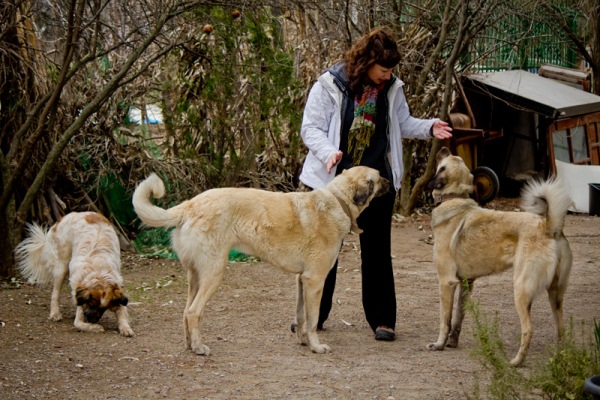
 Dalene and Pete Heck are a Canadian couple who sold everything in 2009 to travel the world. They have spent over half of the last three years house-sitting in places like Ireland, Belgium, Turkey, Spain, Honduras, Canada, London and New York.You can follow their travels at
Dalene and Pete Heck are a Canadian couple who sold everything in 2009 to travel the world. They have spent over half of the last three years house-sitting in places like Ireland, Belgium, Turkey, Spain, Honduras, Canada, London and New York.You can follow their travels at 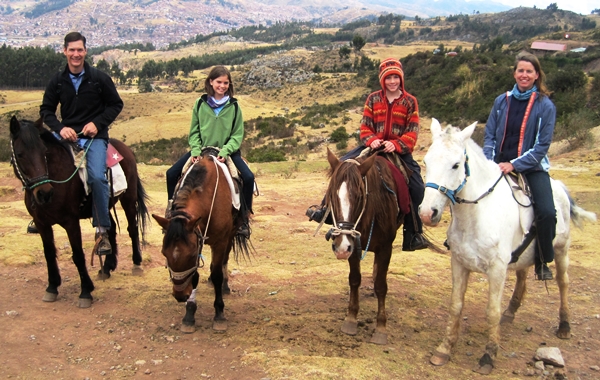
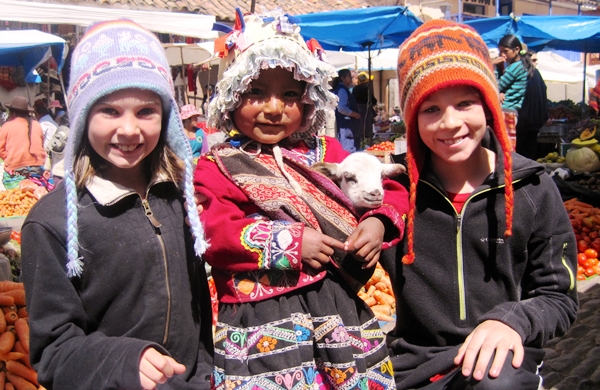
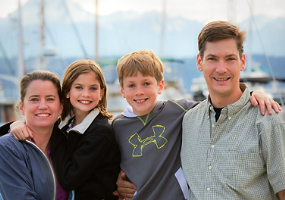 The Van Loen family left their “normal” life in July 2012 to start a career-break and slow-travel the world. They will be volunteering, exploring, and learning throughout Peru, Chile, New Zealand, Australia, Singapore, Thailand, Cambodia, China, and finally taking the Trans-Mongolian railroad across Russia. They will be homeschooling their kids while they travel, with the goal of expanding their horizons and changing their perspectives. You can read about their travels on
The Van Loen family left their “normal” life in July 2012 to start a career-break and slow-travel the world. They will be volunteering, exploring, and learning throughout Peru, Chile, New Zealand, Australia, Singapore, Thailand, Cambodia, China, and finally taking the Trans-Mongolian railroad across Russia. They will be homeschooling their kids while they travel, with the goal of expanding their horizons and changing their perspectives. You can read about their travels on  We are excited to have Evelyn Hannon giving the keynote speech at Meet, Plan, Go! in Toronto on October 16. Evelyn was the first Canadian to look at travel strictly from a woman’s point of view. Since 1994 her mandate has been to inspire females worldwide to travel safely and well. Her award-winning website,
We are excited to have Evelyn Hannon giving the keynote speech at Meet, Plan, Go! in Toronto on October 16. Evelyn was the first Canadian to look at travel strictly from a woman’s point of view. Since 1994 her mandate has been to inspire females worldwide to travel safely and well. Her award-winning website, 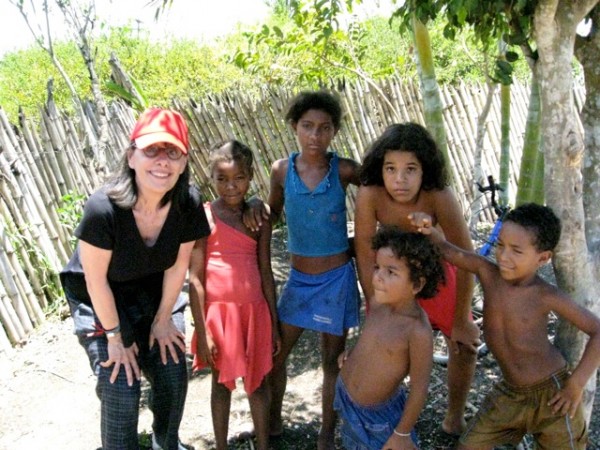
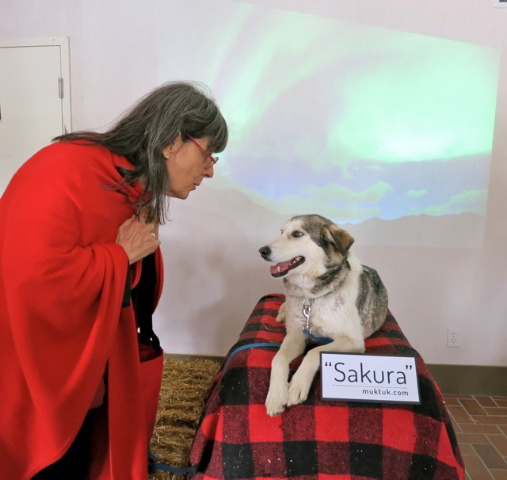

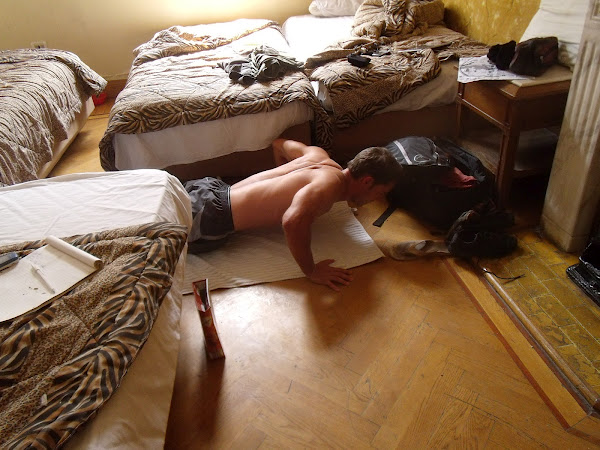
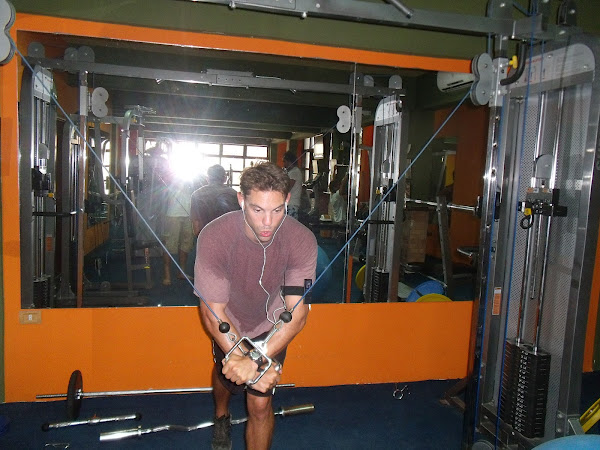
 Five years out of college, Matt Sussman could no longer ignore his constant itch to travel. Leaving his stressful financial job in New York behind, he is following his dream of traveling the world. Meandering solo since July, Matt loves exploring new cultures and meeting new people all the while continuing to find time to exercise. You can read about his adventures and follow his workout routines at
Five years out of college, Matt Sussman could no longer ignore his constant itch to travel. Leaving his stressful financial job in New York behind, he is following his dream of traveling the world. Meandering solo since July, Matt loves exploring new cultures and meeting new people all the while continuing to find time to exercise. You can read about his adventures and follow his workout routines at 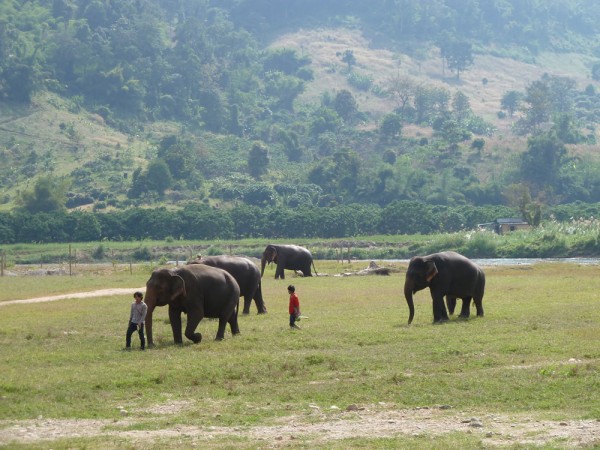
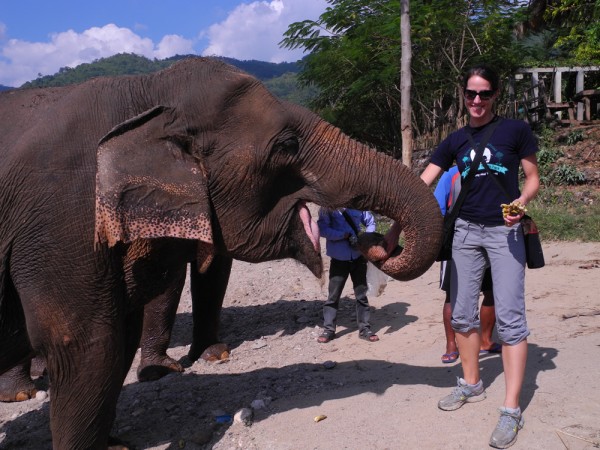
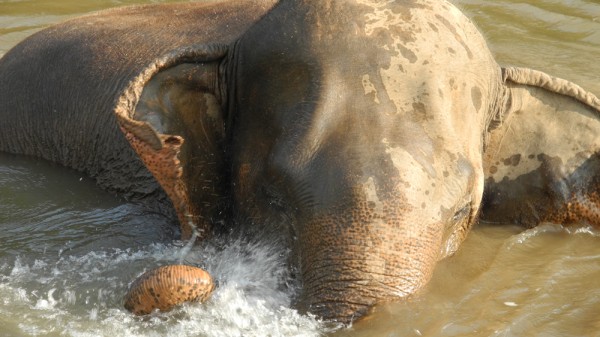
 After leaving her job as an associate with a large law firm, Robin Devaux spent approximately eleven months traveling the world with her husband, Pierre. They visited five continents and 24 countries, sampling the local beer in each one (except for the United Arab Emirates, where they were forced to drink Budweiser). You can read about their adventures at
After leaving her job as an associate with a large law firm, Robin Devaux spent approximately eleven months traveling the world with her husband, Pierre. They visited five continents and 24 countries, sampling the local beer in each one (except for the United Arab Emirates, where they were forced to drink Budweiser). You can read about their adventures at 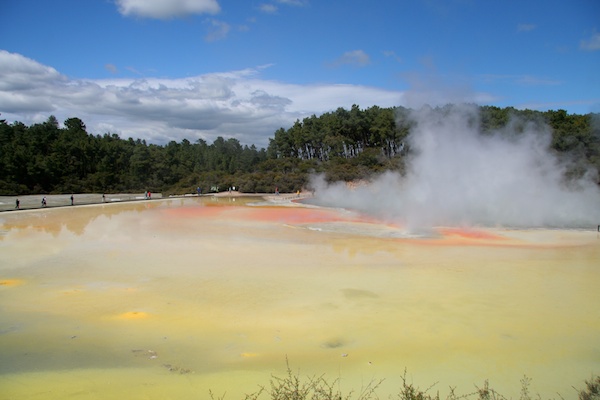

 Rachael Bruce is a 25-year-old New Zealander, who on finding herself out of a job at the end of last year decided to condense her life into a 15kg rucksack and hit the road. She’s been backpacking solo since January through South East Asia and Europe, and to keep her sanity, blogging about it at
Rachael Bruce is a 25-year-old New Zealander, who on finding herself out of a job at the end of last year decided to condense her life into a 15kg rucksack and hit the road. She’s been backpacking solo since January through South East Asia and Europe, and to keep her sanity, blogging about it at 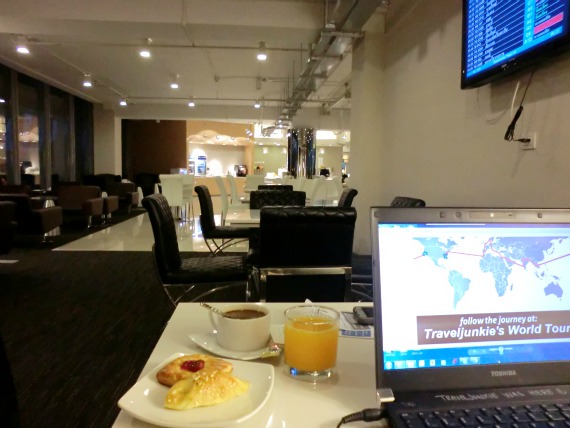
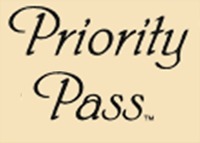 There are three types of annual memberships to Priority Pass. The Standard membership is $99 with a $27 fee for each VIP lounge visit. The Standard Plus membership is $249 and includes access to 10 lounges, then $27 for each additional visit. The Prestige membership is $399 and all lounge visits are included.
There are three types of annual memberships to Priority Pass. The Standard membership is $99 with a $27 fee for each VIP lounge visit. The Standard Plus membership is $249 and includes access to 10 lounges, then $27 for each additional visit. The Prestige membership is $399 and all lounge visits are included. 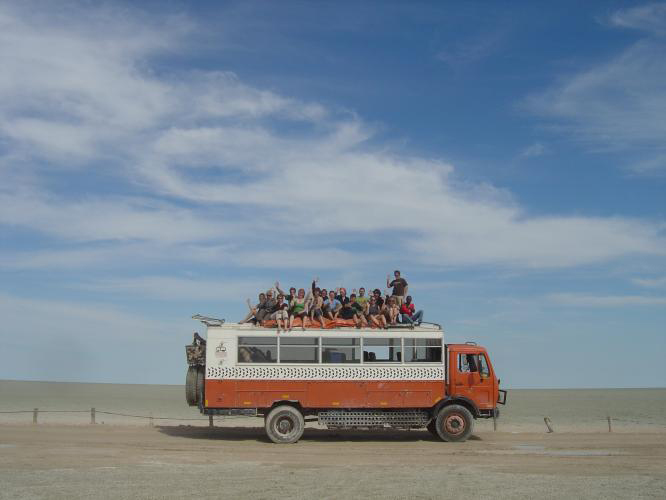
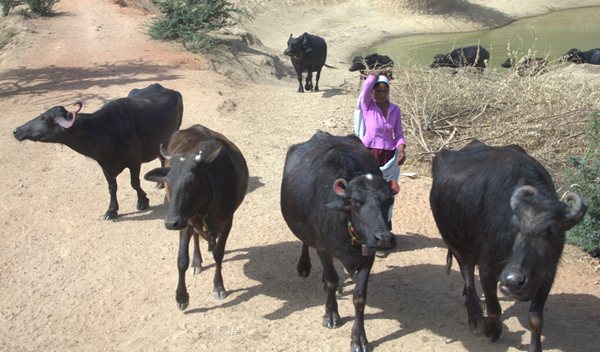

 Leora Krause is a travel addict who started circling the globe when she was old enough to vote. Recently downsized from corporate America, she is enjoying her second career break (her first one was in 2003), traveling through Thailand, Vietnam, India and Nepal. She hails from the great city of Chicago, Illinois. You can read about her travel adventures on
Leora Krause is a travel addict who started circling the globe when she was old enough to vote. Recently downsized from corporate America, she is enjoying her second career break (her first one was in 2003), traveling through Thailand, Vietnam, India and Nepal. She hails from the great city of Chicago, Illinois. You can read about her travel adventures on 





